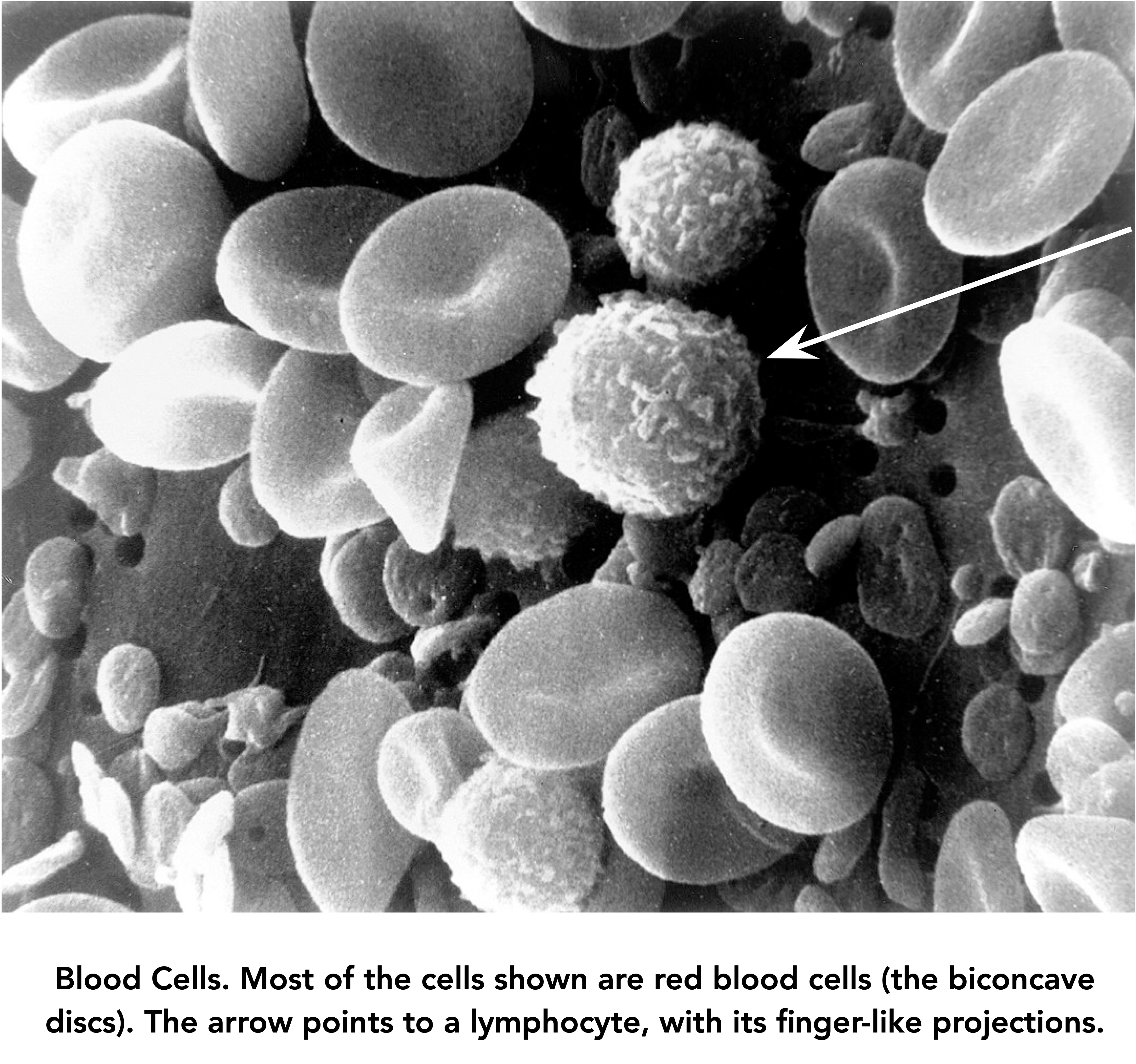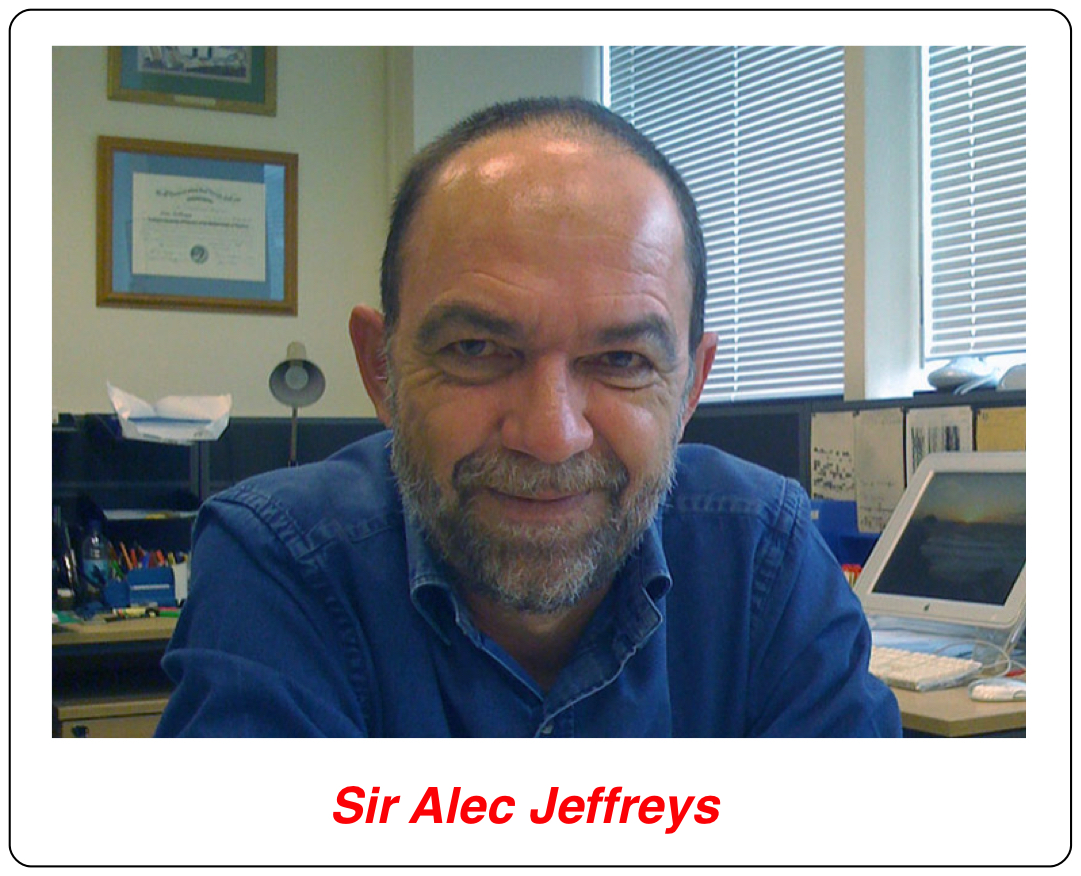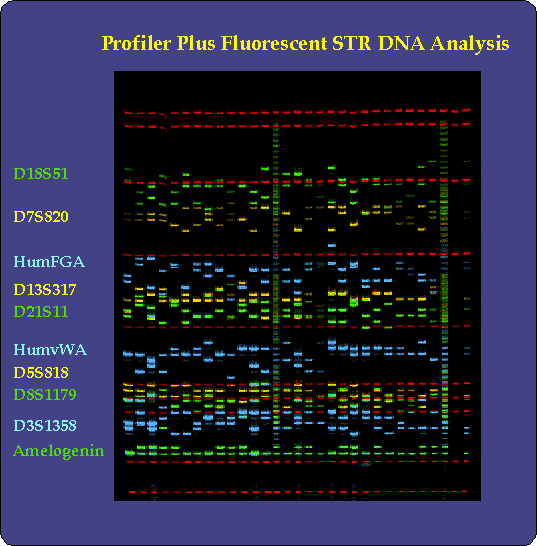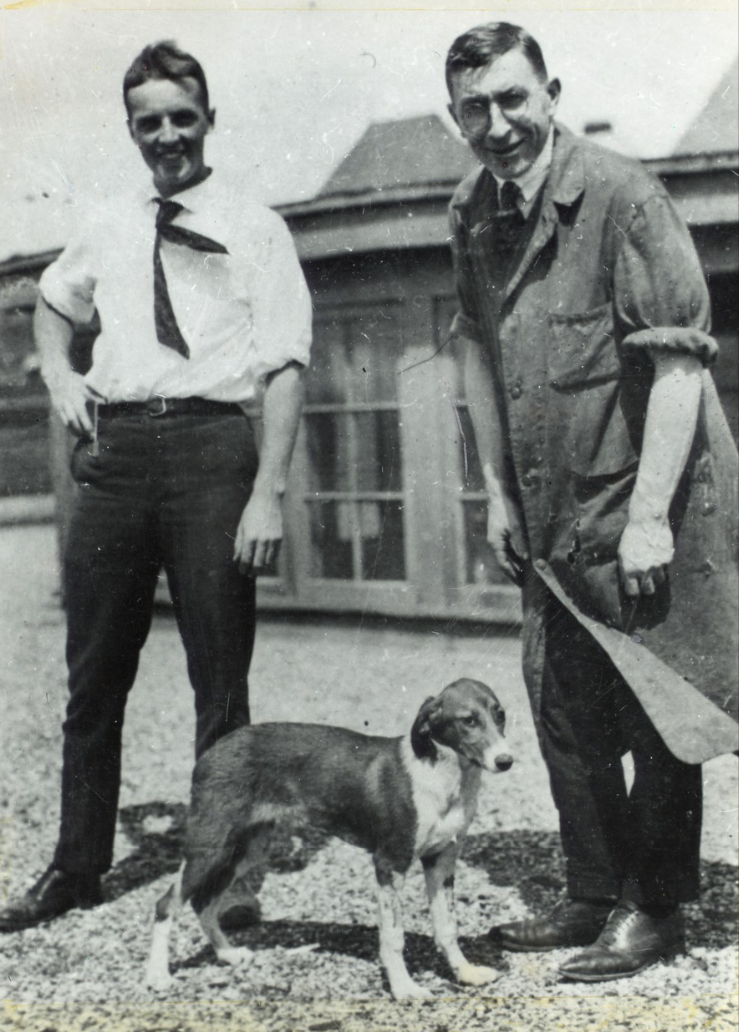Many talented sprinters run like gazelles, their feet barely kissing the track as they glide along. But not all great runners move like this. One of the most successful athletes of all time was a muscular runner named Emil Zatopek, nicknamed ‘The Czech Locomotive’ for his powerful, but not particularly graceful, running. Zatopek won five Olympic medals, four of them gold, and in 1952 he became the first, and so far only, runner to win the 5,000- and 10,000-meter races, and the marathon, at one Olympic Games (it was his first competitive marathon at that).… Read the rest “HIIT, the fitness hack”
interesting people
how smart are animals?
And now, as John Cleese might say, for something completely different. A book review. Books about science aimed at a general audience can have profound effects. They might enlighten us concerning something we’ve wondered about (‘DNA, The Secret of Life’), or tell how a famous scientist lived and worked (‘Why Do You Care What Other People Think, Dr. Feynman?’). Or, they may change the way we see the world. In that category, for me, is a book by the Dutch ethologist Frans de Waal, with the axe-handle title, “Are We Smart Enough to Know How Smart Animals Are?”.… Read the rest “how smart are animals?”
Cancer Therapy: Old is New Again
One of the most tantalizing aspects of cancer biology is this: that the normal immune system often recognizes growing tumors, and even targets them for destruction, but then is silenced. This story is about how to wake it up and mobilize it to greater anti-tumor activity. It is a story that reaches back a hundred years, to the innovative work of an esteemed German biochemist. It was his conviction that he had identified a key feature of cancer that would provide an opening for its treatment.… Read the rest “Cancer Therapy: Old is New Again”
Three cancer myths revisited
Sometimes I run into new information about a story I’ve previously posted that has changed my mind. This post is an example. I previously wrote about three cancer myths that I concluded were wrong, including that vitamin C is a potentially useful anti-cancer agent. I’ve now read some work that has changed my mind: I think that vitamin C may have anti-cancer activity, and certainly that it should be investigated further. So this post is a changed version of the earlier one, which appeared in June, 2019.… Read the rest “Three cancer myths revisited”
A BRIEF HISTORY OF MESSENGER RNA
(Vials of SARS-CoV-2 vaccine).
The coronavirus SARS-CoV-2, the cause of COVID-19, has quickly spread and caused devastation throughout the world. The medical science community has responded vigorously, with better treatments, recommended changes in social behavior, and, of particular importance, effective vaccination programs. Of the immunization protocols that have been developed, the novel mRNA-based vaccines have captured the scientific spotlight; they are the first mRNA vaccines to be licensed for human use.
A new way to immunize
In principle, the mechanism by which mRNA vaccines create immunity to SARS-CoV-2 is straightforward.… Read the rest “A BRIEF HISTORY OF MESSENGER RNA”
Medical scientists should not self medicate; except when they should
How are medical discoveries made? In a previous post (“The Art of Scientific Discovery”), I looked at several models by which science has progressed A sharply focused, systematic pursuit led to the discovery of insulin. An accidental observation produced a drug to treat erectile disfunction. Those, and the other examples of medical advances described there involved more-or-less conventional approaches. But there’s an unconventional approach that appeals to people confronting difficult medical issues.… Read the rest “Medical scientists should not self medicate; except when they should”
The Unanticipated Birth of DNA profiling
The agitated detective barks, “I need that DNA now. I have to know if we’ve got the killer in custody. I don’t give a damn how busy you are . . . ” We’ve all been there, on the edge of the couch, watching a cop show on TV and hoping that the magic of DNA testing will give a clear answer to the question “DidHeDoIt?” And indeed, DNA fingerprinting, more accurately ‘DNA profiling’, has transformed crimefighting.… Read the rest “The Unanticipated Birth of DNA profiling”
New and improving DNA profiling continues to impress and surprise
Gel electrophoretic separation of DNA fragments containing Variable Numbers of Tandem Repeats. Each vertical lane contains one DNA sample. PCR-amplified fragments have been labeled, with different probes having different fluorescent labels. The red bands are internal calibration markers. The positions of the bands reflect their different mobilities, which in turn reflect their lengths (larger fragments move more slowly in electrophoresis). Capillary electrophoresis and automatic recording are used today instead of gel electrophoresis.
DNA profiling resulted from the convergence of scientific curiosity, technological advances, and the desire to provide a social benefit.… Read the rest “New and improving DNA profiling continues to impress and surprise”
THE ART OF SCIENTIFIC DISCOVERY
Charles Best and Frederick Banting, with one of their research subjects. University of Toronto Archives
This post describes some of the many pathways to scientific discovery. No single model applies to all discoveries, and most discoveries contain elements of different models. I will focus on the field I know best, biomedical research. Biomedical discoveries are usually, but not exclusively, the result of hypothesis- and curiosity-driven “small science”. In contrast, the first report of evidence for the Higgs Boson at the LHC in Switzerland listed over 2500 authors from some 180 institutions, and depended on the construction of a 5 billion dollar supercollider with an annual operating budget of one billion.… Read the rest “THE ART OF SCIENTIFIC DISCOVERY”
The Curious Case of the Friendly Russian Foxes
Dr. Lyudmila Trut and a human-friendly fox, 1974.
Foxes have a reputation for being elusive, canny, shy. . . in other words, foxy. Wild foxes in captivity are innately aggressive and fearful of humans – not friendly at all. With a great deal of patience, you may be able train one to be more docile, but it would not be a dog-like pet. However, if you have a slightly weird desire for a pet fox that will behave more like a cocker spaniel than a wild fox, you may be able to get one from a genetic research institute in Russia.… Read the rest “The Curious Case of the Friendly Russian Foxes”










